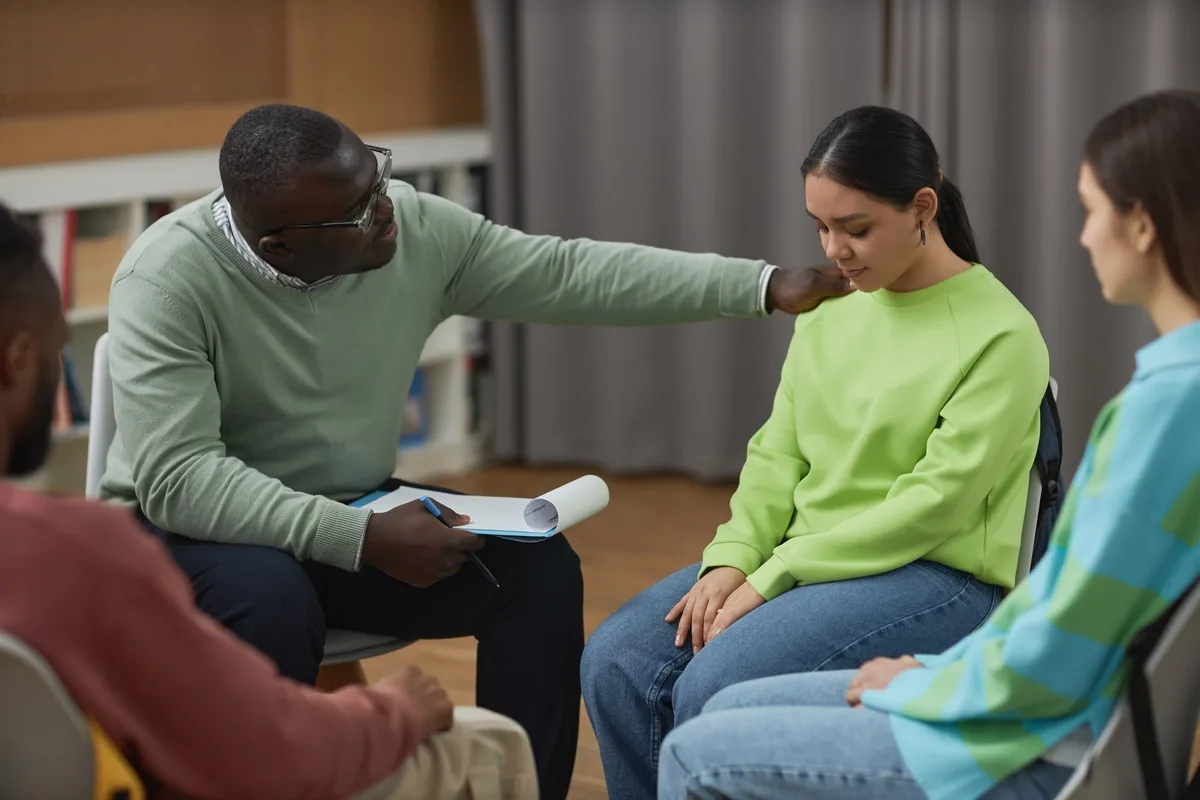24/7 Helpline:
(866) 899-221924/7 Helpline:
(866) 899-2219
Learn more about Intensive Outpatient Program centers in Boardman
Intensive Outpatient Program in Other Cities

Other Insurance Options

Excellus

Group Health Incorporated

Optum

BHS | Behavioral Health Systems

UMR

Oxford

Optima
Beacon

Regence

Meritain

Multiplan

Premera

PHCS Network

MHNNet Behavioral Health

UnitedHealth Group

United Health Care

Carleon

Ambetter

CareFirst

Horizon Healthcare Service

Sperohealth
Sperohealth is a private rehab located in Boardman, Ohio. Sperohealth specializes in the treatment o...

PsyCare – Boardman Clinic
PsyCare – Boardman Clinic is a private rehab located in Boardman, Ohio. PsyCare – Boardman Clinic sp...

Travco Behavioral Health
Travco Behavioral Health offers outpatient services for people struggling with substance abuse or me...

Community Counseling Solutions
Community Counseling Solutions offers outpatient services for those individuals dealing with mental ...


















Community Counseling Solutions – Lakeview Heights
Community Counseling Solutions - Lakeview Heights is a residential treatment program for individuals...









